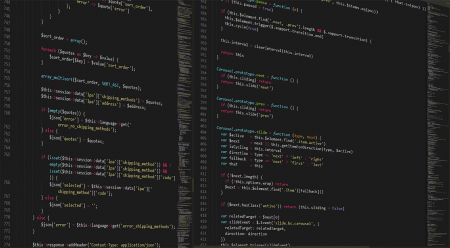Put a/an/the in each space, or leave the space blank. Trial
Put a/an/the in each space, or leave the space blank.
Trial by Jury
. jury is selected group of laymen that hears .. witnesses
in .. legal disputes and decides . facts. . courtroom trial in
which jury decides . facts is called trial by jury.
Before each court term, jury commissioner or another public officer
prepares panel, or large initial list, of qualified jurors. For each
trial, jurors are selected by lot from this panel.
Before trial begins, . Jurors swear to decide
facts fairly. They hear testimony given by .. witnesses
for both sides, including cross-examinations. Then counsel for each side
sum up, or summarize case, and . judge explains .. applicable
law in his instructions to .. jury.
In civil suits for financial damages, jury must decide who is
at . fault and must determine . amount of money to be paid.
In criminal cases, ... jury must decide whether or not . accused
is guilty beyond a reasonable doubt, and then either return .
verdict of guilty, or acquit .. defendant by .. verdict of not
guilty. If verdict is guilty, . judge imposes . sentence, or
punishment, within limits that have been fixed by .. legislature.
-
Вопросы ответы
Статьи
Информатика
Статьи
Математика.
Физика.
Математика.
Разные вопросы.
Разные вопросы.
Математика.
Разные вопросы.
Математика.
Физика.
Геометрия.




